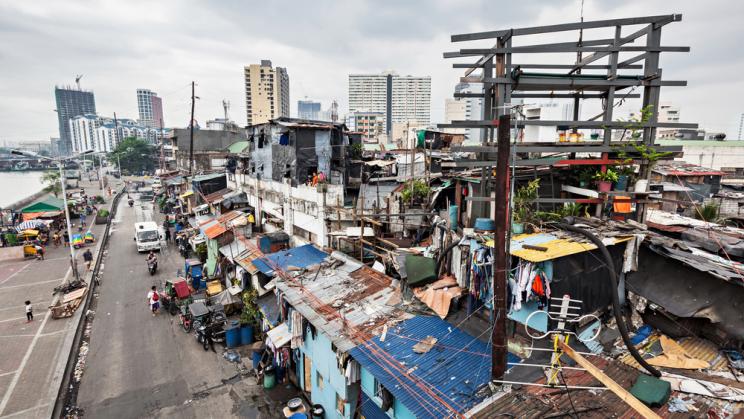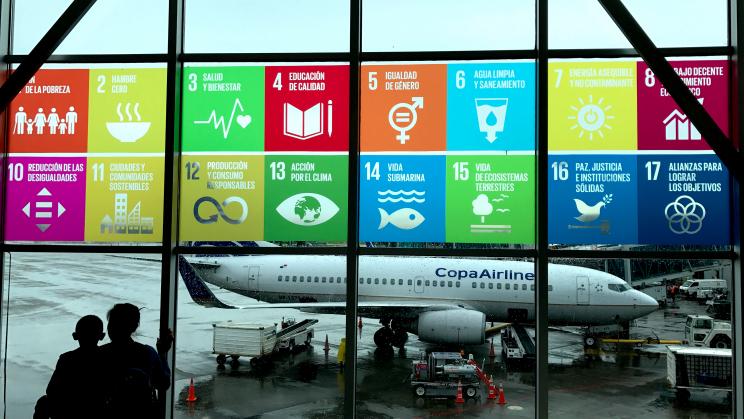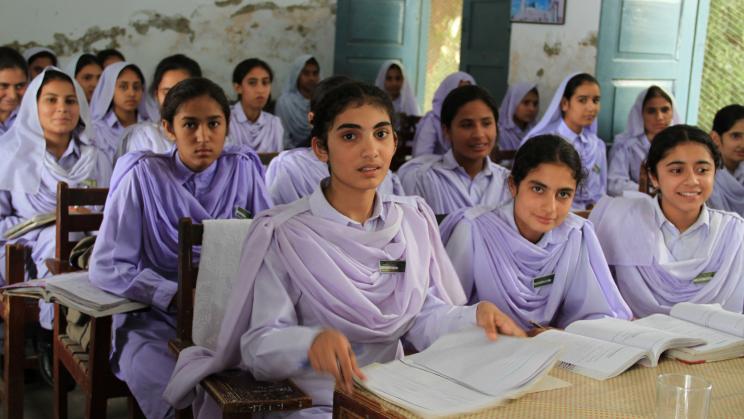Peacebuilding and resilience
Peace is an investment; the peace of today not only allows for production and consumption today, but also creates expectations and culture of peace for tomorrow. By definition, sustainable development includes consumption and economic behaviour today that does not negatively impact on future generations, therefore positive, peaceful development today is sustainable development.
SIPRI’s research in this initiative examines the relationship between peace and different measures of prosperity, giving particular focus to the conditions that bridge between conflict management, prevention and resolution and how that can lead to peace. This project also assesses the levels and kinds of investments in peacebuilding and sustainable development, including aid flows and the measure of effectiveness in development, particularly related to the United Nations Sustainable Development Goals.
RESEARCH INITIATIVES
SIPRI contributes to global efforts to identify indicators and targets for monitoring progress on peace and development, including the Sustainable Development Goals (SDGs), particularly SDG16 on peace, justice and effective institutions.
SIPRI looks at trends in aid to fragile and conflict-affected countries over the last 15 years and in the new development era of the Sustainable Development Goals (SDGs).


